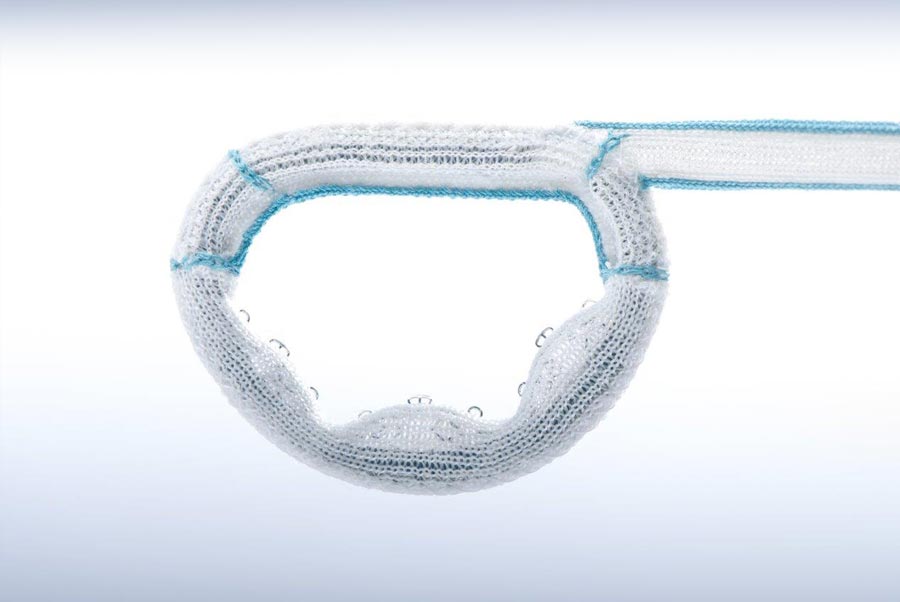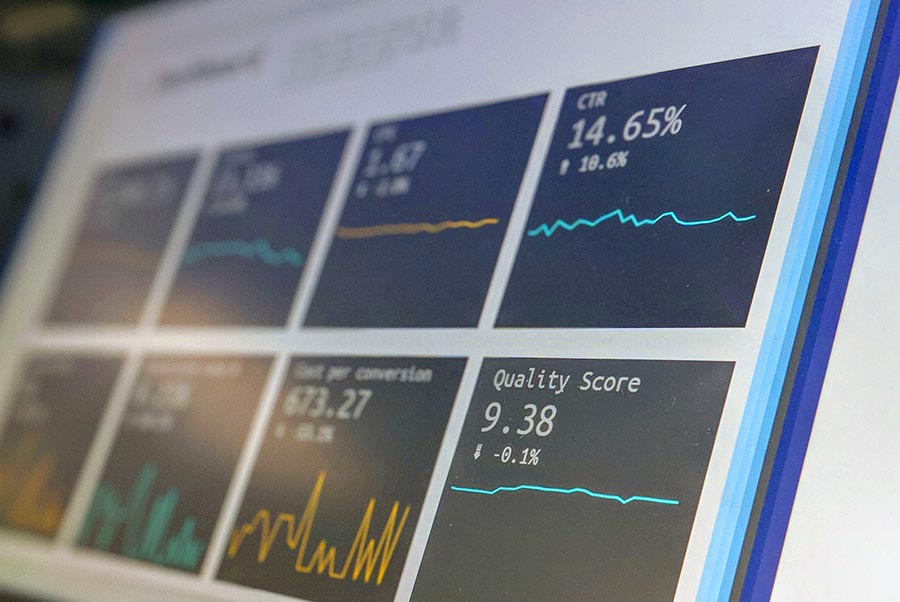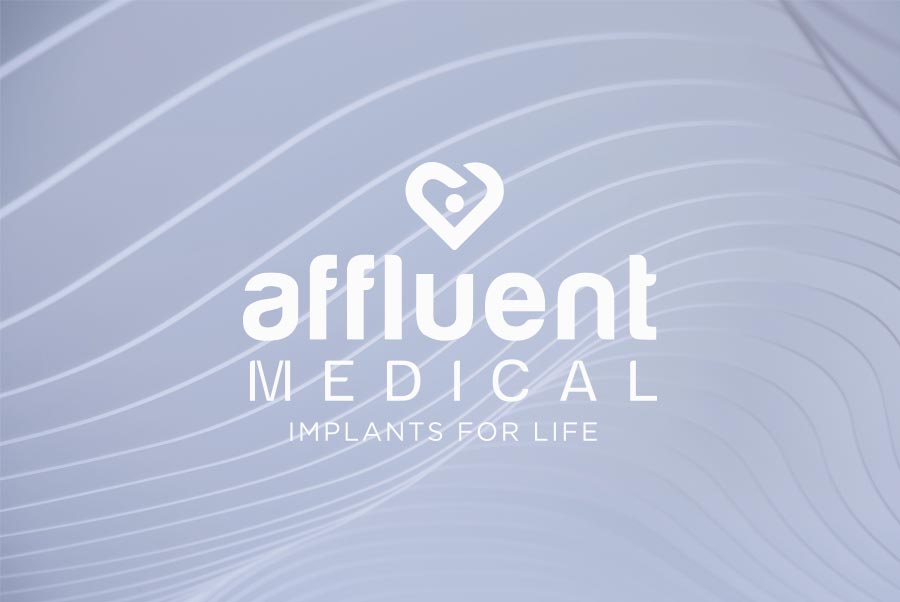News

Successful first post-operative adjustment of KaliosTM mitral ring
Prof. Alberto Albertini (GMV Maria Cecilia Hospital de Cotignola, Italy) successfully performed the percutaneous adjustment of the original KaliosTM annuloplasty ring 11 months after its implantation following a recurrence of severe mitral insufficiency.

IPO launch on Euronext Paris
AFFLUENT MEDICAL launches its IPO on the regulated Euronext Paris market
• Capital increase of approximately €33.0 million, which may be increased to approximately €43.6 million in the event of the full exercise of the extension and over-allotment clause
• Subscription commitments received in the amount of €20 million
• Indicative price range applicable to the Offering: between €7.40 and €9.80 per share
• Subscription period: from 27 May 2021 to 8 June 2021, inclusive, for the French Public Offer (5:00 p.m. for subscriptions over the counter and 8:00 p.m. for internet subscriptions) and until noon on 9 June 2021 for the international offering

Epygon publication
Affluent Medical published preclinical data in the renowned ANNALS OF THORACIC SURGERY confirming the potential of its Epygon mitral valve to restore blood flow and reduce the risk of cardiac insufficiency.
• Preclinical in vivo results published in The Annals of Thoracic Surgery confirm the Epygon mitral valve ability to adapt to the heart while restoring the native-like blood flow.
• Epygon has been designed to replicate the human physiology to allow a better recovery of the left ventricular function minimizing the risk of cardiac insufficiency.
• A first-in-human clinical trial in 15 patients will be initiated in the 2nd semester 2021 and a pivotal study will be initiated in the US and Europe in the 2nd semester 2022.

Approval of the Registration Document
AFFLUENT MEDICAL announces the approval of its Registration Document by the French Financial Markets Authority (Autorité des marchés financiers – AMF) as part of its proposed IPO on the Euronext Paris regulated market
Affluent Medical, a French medtech specialising in the international development and industrial scale-up of innovative medical prostheses, at a clinical stage, to treat urinary incontinence and mitral cardiac insufficiency, announces today the approval of its Registration Document by the AMF under number I.21-007 on 12 April 2021.
The approval of this Registration Document is the first step in Affluent Medical’s proposed IPO on the Euronext Paris regulated market, subject to market conditions and the approval by the AMF of the Prospectus relating to the operation.

Affluent Medical announces 15.8m€ in new financing and strengthening of its board of Directors
The Private Placement Financing was taken out for gross proceeds of €10.3 million, €8 million via convertible bonds (of which €4 million were received in December 2019).
Affluent Medical has been granted two “PGE” (government-backed) loans for a total of €2.2 million from the banks Société Générale and BNP PARIBAS as part of public measures to mitigate the economic impact of the Coronavirus. The two loans are interest free and repayable either after one year or over a period of up to five years.
Joining the board are Jean-François Le Bigot and Benoît Adelus.

Affluent Medical announces the launch of MINERVA First-In-Human clinical study for EPYGON
Epygon is the first transcatheter mitral valve designed to restore the physiological blood flow vortex and treat left ventricle disease, in particular in so-called “functional” patients.
No mitral valve prosthesis currently on the market or in development was designed to restore the vortex.
The unique concept and design of the Epygon valve is expected to achieve high procedural success, restore left ventricle physiological flow, and offer excellent performance in terms of the absence of thrombus formation and LVOT obstruction, while eventually also alleviating left ventricular effort.